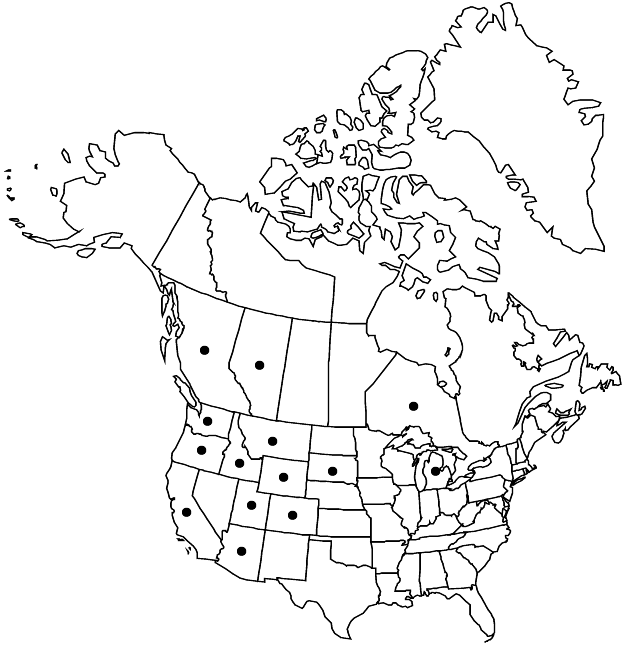Difference between revisions of "Vaccinium membranaceum"
in C. Wilkes et al., U.S. Expl. Exped. 17: 377. 1874,.
imported>Volume Importer |
imported>Volume Importer |
||
| Line 1: | Line 1: | ||
{{Treatment/ID | {{Treatment/ID | ||
|accepted_name=Vaccinium membranaceum | |accepted_name=Vaccinium membranaceum | ||
| − | |accepted_authority=Douglas ex Torrey | + | |accepted_authority=Douglas ex Torrey |
|publications={{Treatment/Publication | |publications={{Treatment/Publication | ||
|title=in C. Wilkes et al., U.S. Expl. Exped. | |title=in C. Wilkes et al., U.S. Expl. Exped. | ||
| Line 48: | Line 48: | ||
-->{{#Taxon: | -->{{#Taxon: | ||
name=Vaccinium membranaceum | name=Vaccinium membranaceum | ||
| − | |authority=Douglas ex Torrey | + | |authority=Douglas ex Torrey |
|rank=species | |rank=species | ||
|parent rank=section | |parent rank=section | ||
| Line 62: | Line 62: | ||
|publication year= | |publication year= | ||
|special status=Endemic | |special status=Endemic | ||
| − | |source xml=https:// | + | |source xml=https://bitbucket.org/aafc-mbb/fna-data-curation/src/2e0870ddd59836b60bcf96646a41e87ea5a5943a/coarse_grained_fna_xml/V8/V8_1018.xml |
|subfamily=Ericaceae subfam. Vaccinioideae | |subfamily=Ericaceae subfam. Vaccinioideae | ||
|genus=Vaccinium | |genus=Vaccinium | ||
Latest revision as of 23:41, 5 November 2020
Plants forming small to extensive clumps, rarely crown-forming, 2–30 dm, not rhizomatous; twigs of current season yellow-green or reddish green, terete to slightly angled, glabrous or hairy in lines. Leaf blades usually green, broadly elliptic to ovate, 25–50 × 11–23 mm, margins sharply serrate, surfaces glandular abaxially. Flowers: calyx green, obscurely lobed, glabrous; corolla white, cream, yellowish pink, or bronze, globose to urceolate, 3–5 × 5–7 mm, thin, glaucous; filaments glabrous. Berries shiny or dull black or deep purple, rarely red or white, 9–13 mm diam. Seeds ca. 1 mm. 2n = 48.
Phenology: Flowering late spring–early summer.
Habitat: Coniferous woods, especially cut-over stands, talus slopes, subalpine fir forests, alpine heaths
Elevation: 900-3500 m
Distribution

Alta., B.C., Ont., Ariz., Calif., Colo., Idaho, Mich., Mont., Oreg., S.Dak., Utah, Wash., Wyo.
Discussion
Vaccinium membranaceum is, by far, the most widely commercially utilized western huckleberry for fruit and is harvested extensively from the wild. This species served as an especially important source of food for native peoples throughout western North America, and the dried berries were used for winter food and trade.
Selected References
None.